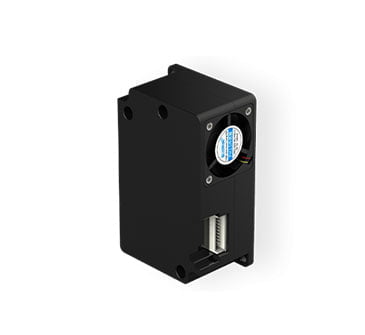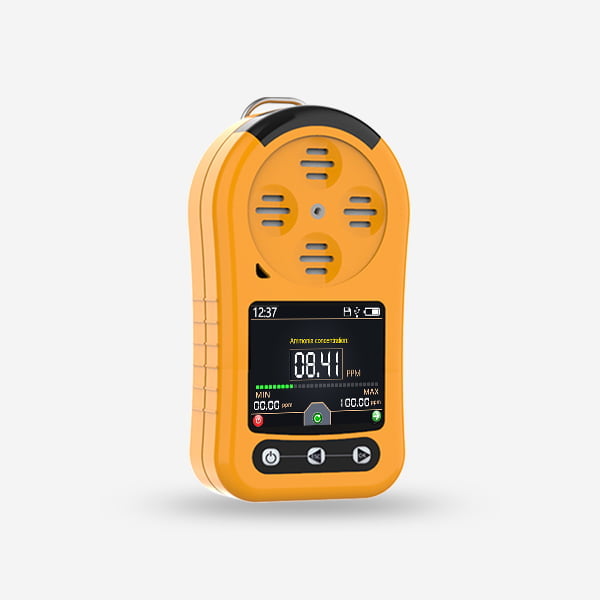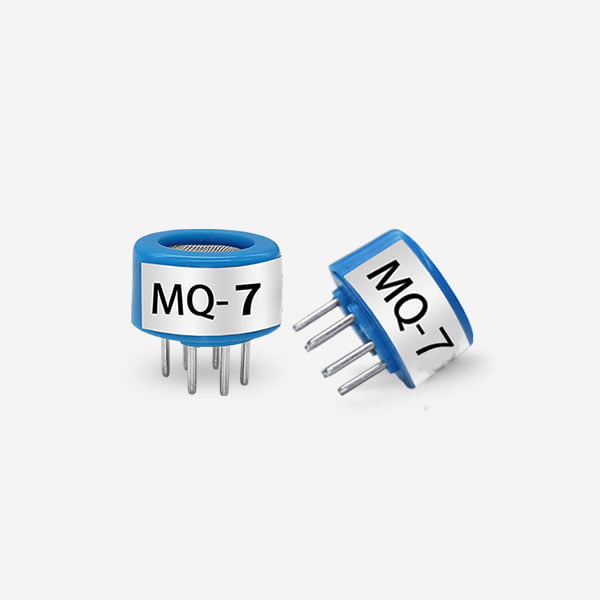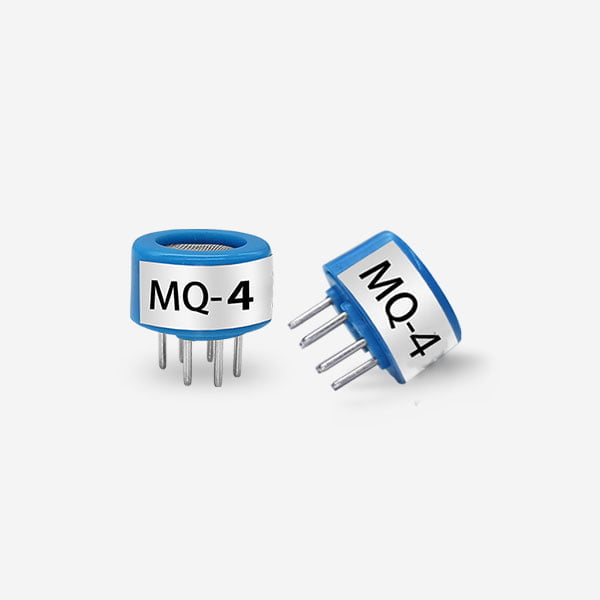To prevent Freon leaks, Freon leak detectors have become essential tools for identifying and locating refrigerant leaks. In this article, we will explore the significance of Freon leak detectors, their components, and how they contribute to environmental safety and sustainability.
Components of Freon Leak Detectors
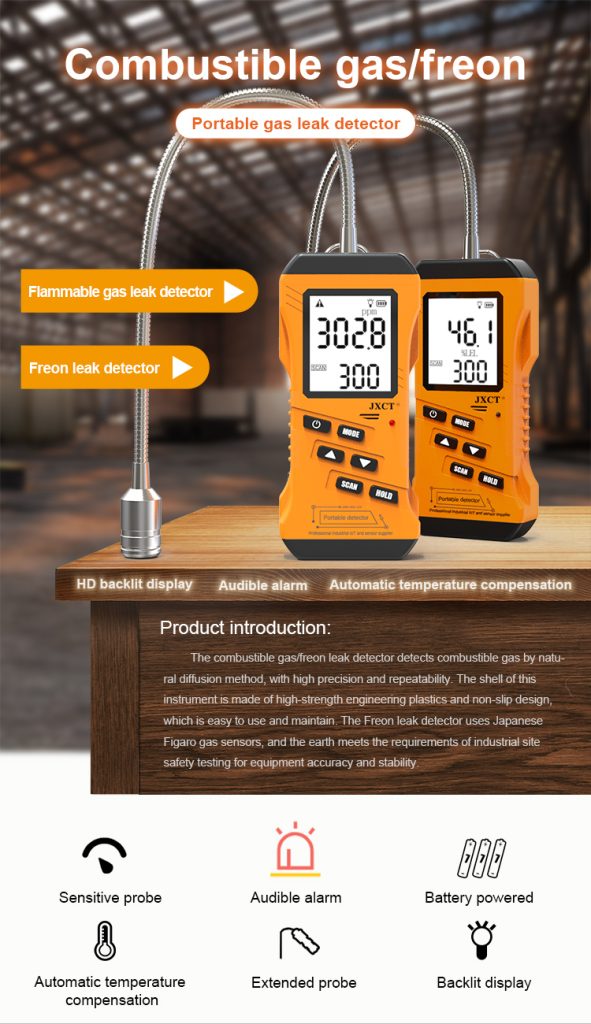
Freon leak detectors are critical tools in maintaining the safety and efficiency of refrigeration and air conditioning systems. They help identify and locate refrigerant leaks, preventing environmental contamination, equipment damage, and reduced system performance. Early detection of refrigerant leaks also reduces the risk of long-term human exposure to harmful chemicals, protecting both individuals and the environment.
Importance of Freon Leak Detection
Freon leak detectors comprise various components, including electronic sensors, filter systems, and audible and visual alarms. The electronic sensor detects the presence of refrigerants in the air, while the filter system removes any contaminants that could interfere with the sensor’s operation. The audible and visual alarms warn users of the presence of refrigerant gas and indicate the severity of the leak.
Types of Freon Leak Detectors
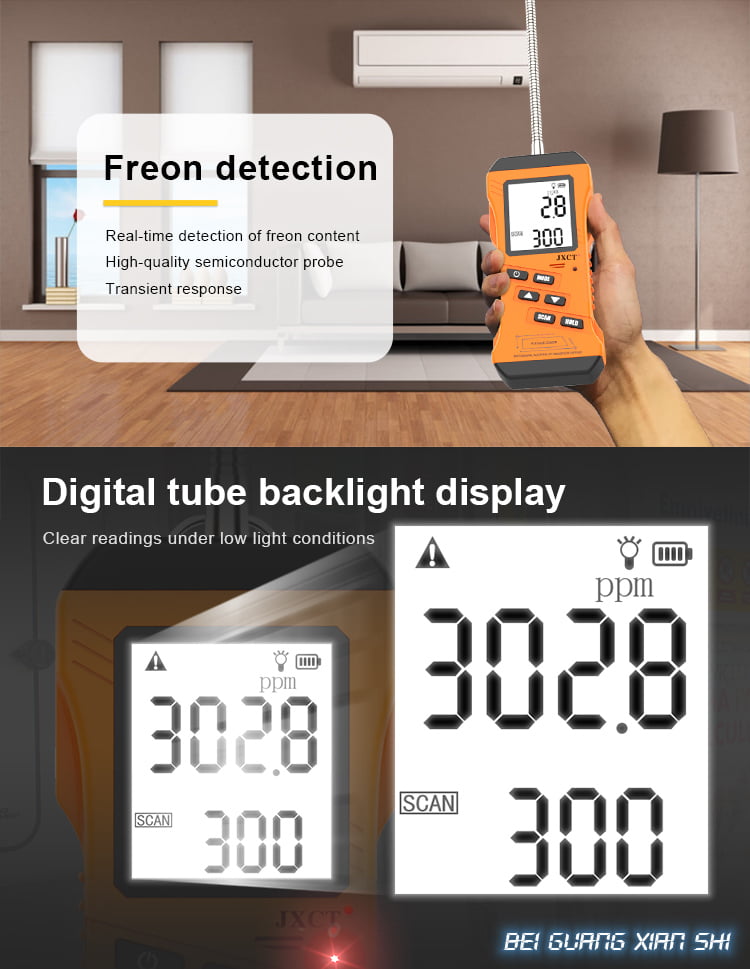
There are several types of Freon leak detectors, including handheld, portable, and fixed systems. Handheld and portable detectors are ideal for small-scale use, such as residential air conditioning systems. Fixed leak detectors are more suited for commercial or industrial settings, such as refrigerated warehouses or large-scale HVAC systems. These systems are permanently installed and monitor larger areas for potential leaks.
Benefits of Freon Leak Detection
Detecting and repairing refrigerant leaks has various benefits, including improved energy efficiency and reduced operating costs. Leaks cause refrigeration systems to work harder, leading to increased energy consumption and system wear and tear. Detecting leaks early and repairing them can help reduce energy use and prevent costly repairs or system replacements.
Environmental Impact of Refrigerant Leaks
Refrigerant leaks pose significant environmental challenges. Many refrigerants contain chemicals that contribute to ozone depletion and global warming. These chemicals can also be hazardous to human health, causing respiratory problems and other health issues. Detecting and repairing leaks helps prevent the release of harmful refrigerants into the environment, protecting both the atmosphere and human health.
Regulatory Compliance
Regulatory agencies require that refrigerant leaks are detected and repaired promptly. Failure to comply with regulations can result in significant fines and penalties. Freon leak detectors help businesses and individuals comply with these regulations, ensuring they operate within legal requirements and minimize the risk of environmental contamination and human exposure.
Cost-Effectiveness of Freon Leak Detection
While investing in a Freon leak detector may seem like an unnecessary expense initially, it is a cost-effective measure in the long run. Early detection and repair of leaks prevent expensive system breakdowns and repairs. Additionally, detecting leaks can improve system efficiency, leading to reduced energy costs and maintenance expenses.
Conclusion:
Freon leak detectors are essential tools for identifying and locating refrigerant leaks and preventing environmental contamination, damage to equipment, and human exposure to potentially harmful chemicals. With advancements in technology and regulatory enforcement, Freon leak detection has become increasingly vital for complying with environmental and safety standards. Investing in a Freon leak detector provides long-term benefits and contributes to environmental sustainability while ensuring safe, efficient operation of refrigeration and air conditioning systems.
